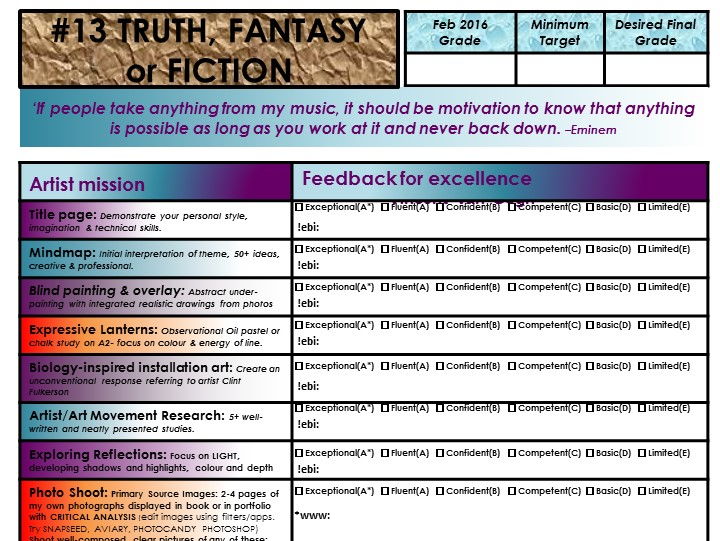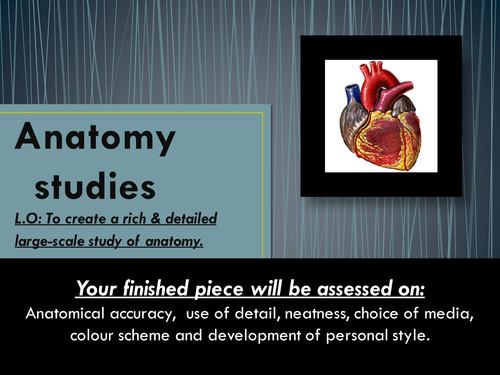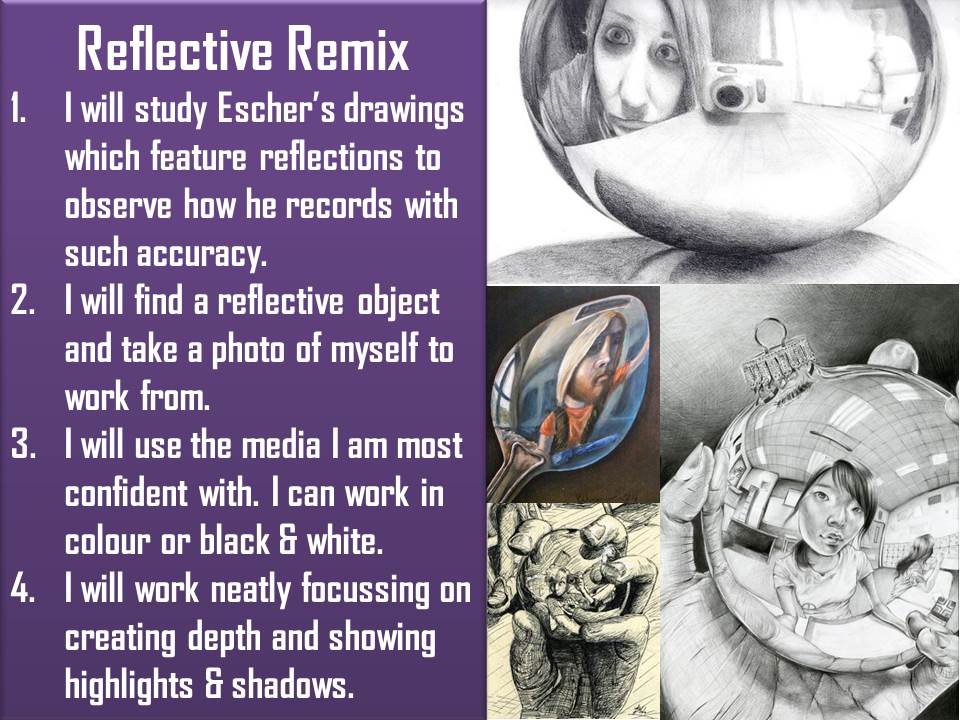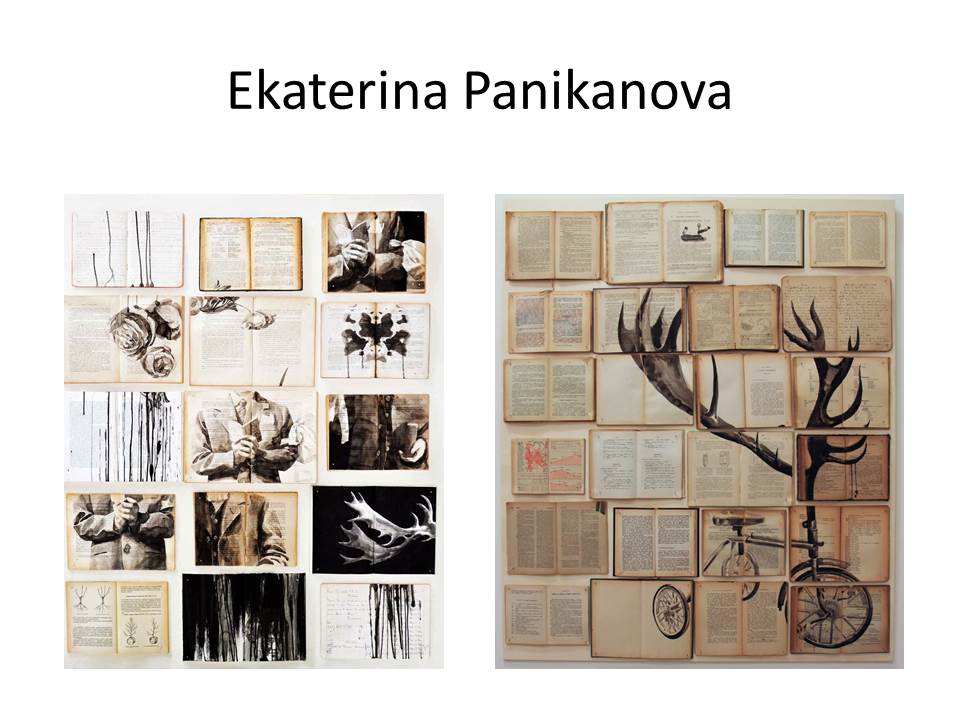Mind the Gap
Engaging, easy-to use, challenging lesson resources designed to help close the disadvantage gap. From print & go worksheets when you're in a rush to thoughtful assemblies when you need to impress. For busy, happy teachers who want highly motivated and productive students. Designed by a Head of Creative & Performing Arts, Head of Art and GCSE and A-level Art moderator. MA, BFA, NPQSL





















